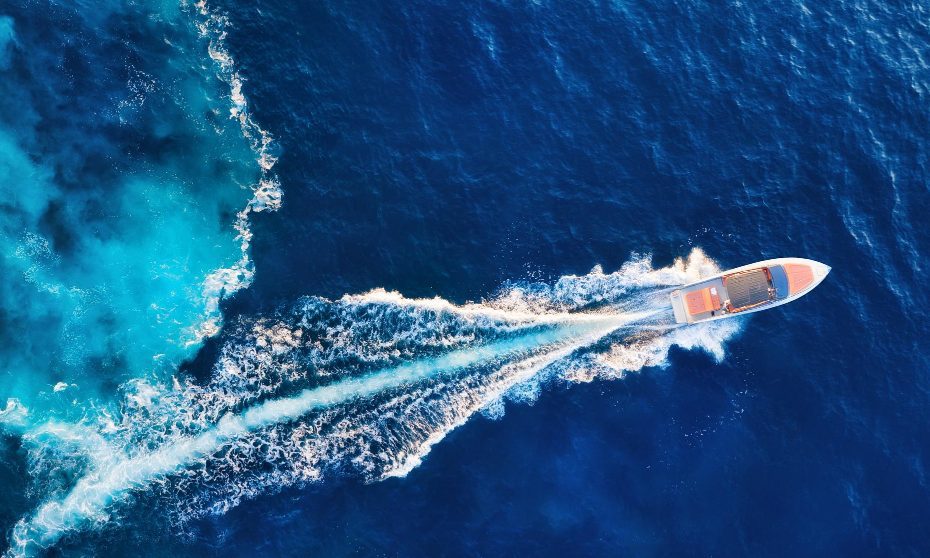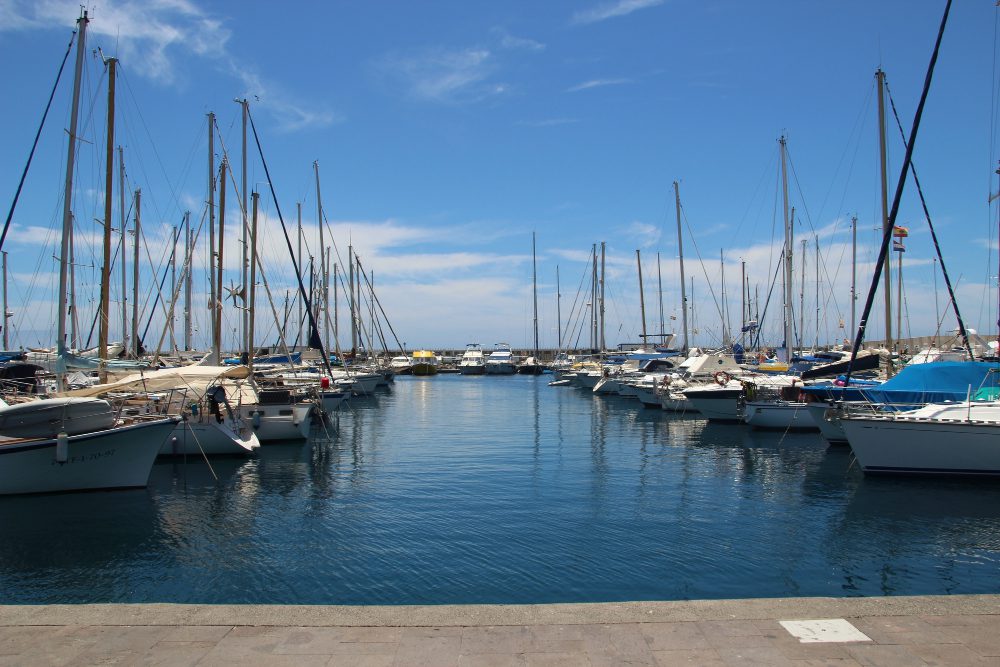Why do boat engines smoke?
Boat engines are known to occasionally emit smoke, which can be alarming for boat owners and passengers. Understanding the reasons behind this phenomenon is crucial for maintaining the health and performance of marine engines. In this article, we will explore the various factors that can cause boat engines to smoke and discuss possible solutions to minimize or prevent it from happening.
Causes of smoking boat engines
There are several potential reasons why boat engines may produce smoke. It is important to differentiate between white, black, and blue smoke, as each can indicate different underlying issues.
1. White smoke: White smoke typically signifies the presence of water in the engine’s combustion chamber. This can occur due to a cracked engine block, damaged head gasket, or a faulty exhaust manifold. When water enters the combustion chamber, it vaporizes and produces white smoke. It is advisable to promptly address any issues related to white smoke, as prolonged exposure to water can cause severe damage to the engine.
“White smoke typically signifies the presence of water in the engine’s combustion chamber.”
2. Black smoke: Black smoke is often associated with an issue related to fuel combustion. It indicates an excessive amount of fuel being burned relative to the available oxygen. The possible causes of black smoke include a clogged air filter, faulty fuel injectors, or incorrect fuel-to-air ratio. It is essential to ensure proper maintenance of the engine’s fuel and air systems to prevent black smoke emissions.
“Black smoke indicates an excessive amount of fuel being burned relative to the available oxygen.”
3. Blue smoke: Blue smoke is commonly associated with engine oil burning. It occurs when oil finds its way into the combustion chamber and gets burned along with the fuel mixture. Potential causes of blue smoke include worn piston rings, damaged valve seals, or a faulty PCV system. If left unaddressed, blue smoke emissions can lead to decreased engine performance and increased oil consumption.
“Blue smoke occurs when oil finds its way into the combustion chamber and gets burned along with the fuel mixture.”
Preventive measures
Preventing boat engines from emitting smoke is possible through regular maintenance and adherence to best practices. Here are a few preventive measures to consider:
- Maintain a clean fuel system: Regularly inspect and clean the fuel system components, such as filters and injectors, to prevent clogs that could lead to inefficient combustion.
- Monitor oil levels: Ensure that the engine’s oil levels are within the recommended range. Low oil levels can result in inadequate lubrication, leading to increased friction and potential blue smoke emissions.
- Use high-quality fuel: Using clean and good-quality fuel helps optimize combustion efficiency and reduces the likelihood of emissions.
- Check the cooling system: Verify that the engine’s cooling system is functioning correctly and maintaining optimal temperature levels. Overheating can cause damage to various engine components, potentially leading to white smoke emissions.
- Follow manufacturer guidelines: Always adhere to the manufacturer’s recommended maintenance schedule and guidelines for your specific boat engine. This ensures that necessary inspections and servicing are carried out promptly.
Addressing smoking boat engines
If your boat engine is already exhibiting signs of smoking, it is crucial to address the issue promptly to prevent further damage. Depending on the type of smoke being emitted, the following actions can be considered:
- White smoke: Have a qualified marine technician inspect the engine for potential cracks or gasket damage. They will be able to identify the source of water ingress and suggest appropriate repairs.
- Black smoke: Check and clean the air filter to ensure adequate air supply. If the issue persists, consult a professional to examine the fuel injectors and the fuel-to-air ratio settings.
- Blue smoke: Seek assistance from a marine mechanic to diagnose the cause of oil burning, such as worn piston rings or damaged valve seals. Prompt repair or replacement of affected components is necessary to prevent further oil consumption and maintain engine performance.
Conclusion
Understanding why boat engines smoke is essential for boat owners and operators. By identifying the type of smoke and addressing the underlying causes, it is possible to prevent or minimize smoking in boat engines. Regular maintenance, adherence to manufacturer guidelines, and prompt professional assistance when needed, are key to ensuring the longevity and reliable performance of marine engines.



